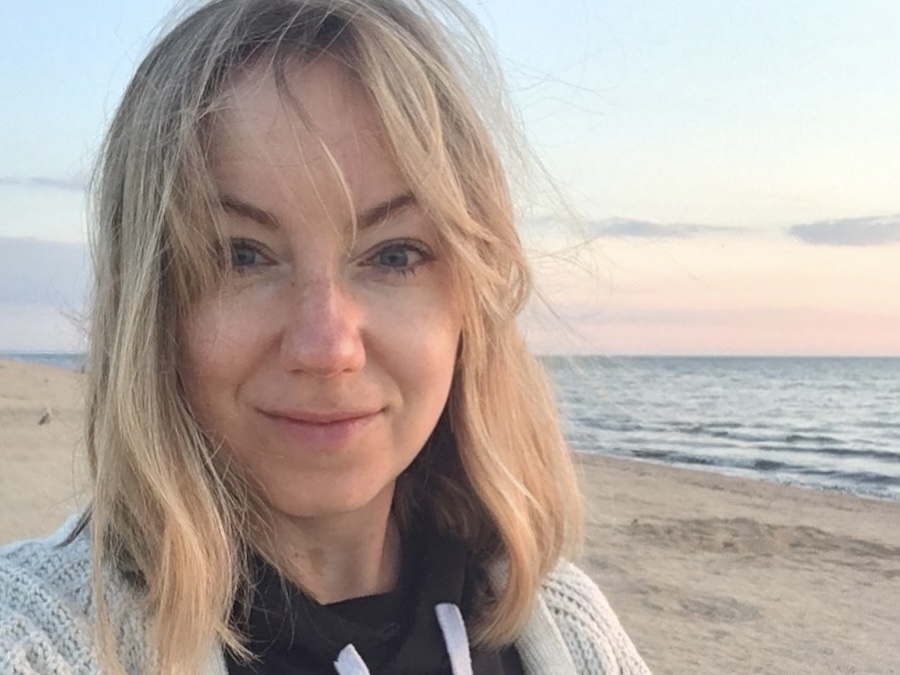
Viktoriia Grivina
University of St. Andrews
-
- Research topic:
- Vulnerable Legacies and Green Re-Imaginings in Kharkiv, Ukraine
- Period:
- February 2024

University of St. Andrews
Researcher, translator. Viktoriia graduated from V.N. Karazin Kharkiv National University, majoring in English and German Linguistics. In 2014, she went on to coordinate international volunteer projects under the auspices of Service Civil International, including archaeological (in a St. Miklosz castle and Medzhybizh fortress), humanitarian (Making Peace in Ukraine: Collecting Stories in Kharkiv, Kyiv) and research-based (Research of the Far-Right Extremism in a Modern-Day Ukraine, (Berlin 2018)). In 2018-2020, Viktoriia was awarded Erasmus Mundus Master’s scholarship with Crossways in Cultural Narratives program. She studied at the Universities of Tubingen, St. Andrews, and Bergamo. In 2020 Viktoriia presented her Master's thesis ("The Influence of Street Art on Community Development in Kharkiv, Ukraine)". In September 2020, she joined the project "Un/Archiving Post/Industry" implemented by the Center for Urban History jointly with the University of St. Andrews.
Viktoriia studies changes in the experiences, stories, and sense of the city using mobile research methods (walks, walk-interviews, photo, video, and audio documentation of impressions of urban space). A large part of the experience of citizens in wartime is the impossibility of staying in the city, temporary forced relocation or permanent relocation and a complete change of the familiar environment. Adaptation to new spaces is an inevitable part of the experience, and along with the change in habitual routes, the view of the hometown changes, a space that is no longer physically possible to be in, but which can be imagined and reinterpreted.
During February 2024, Victoriіa will be working at the Center for Urban History on her dissertation research "Vulnerable Legacies and Green Re-Imaginings in Kharkiv, Ukraine". The researcher plans to document the impressions of local residents who moved from Kharkiv before or after the full-scale invasion, or who have experience of living in Kharkiv (at any time) and are open to sharing their impressions of the city, as well as comparing the two cities. The study will also include a presentation of a part of the project and an art walk.